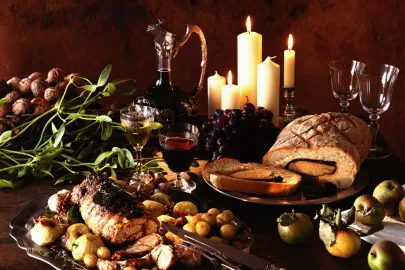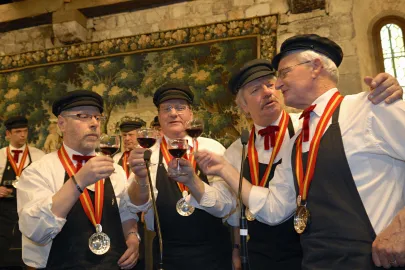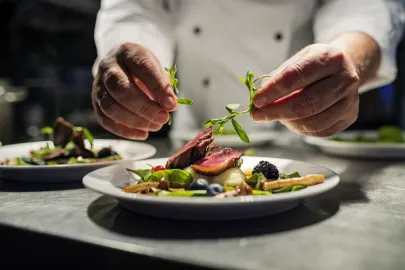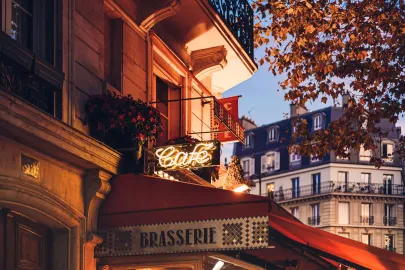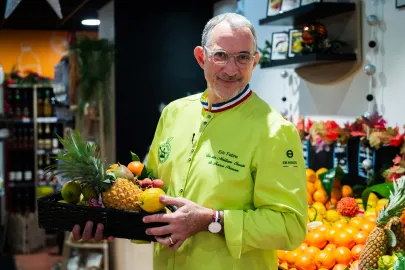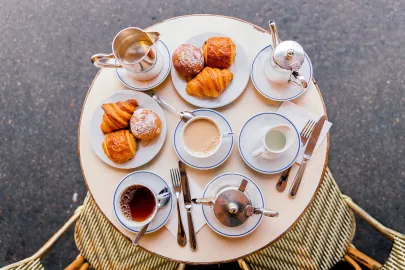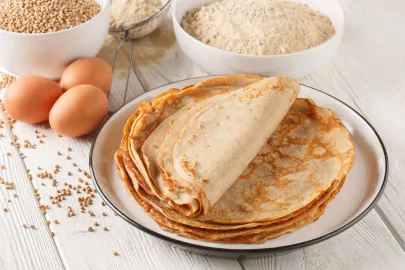French gastronomy has always had its fair share of rockstars—long before Instagram chefs and Michelin awards, these culinary pioneers cooked their way into history. Let’s dive into the savoury lives of the first important names in French gastronomy—and how their legacy is still simmering around the world. Some of them even made onto the screen! Whether you're feasting in Paris, Tokyo, or London, you can taste their influence right there on your plate.
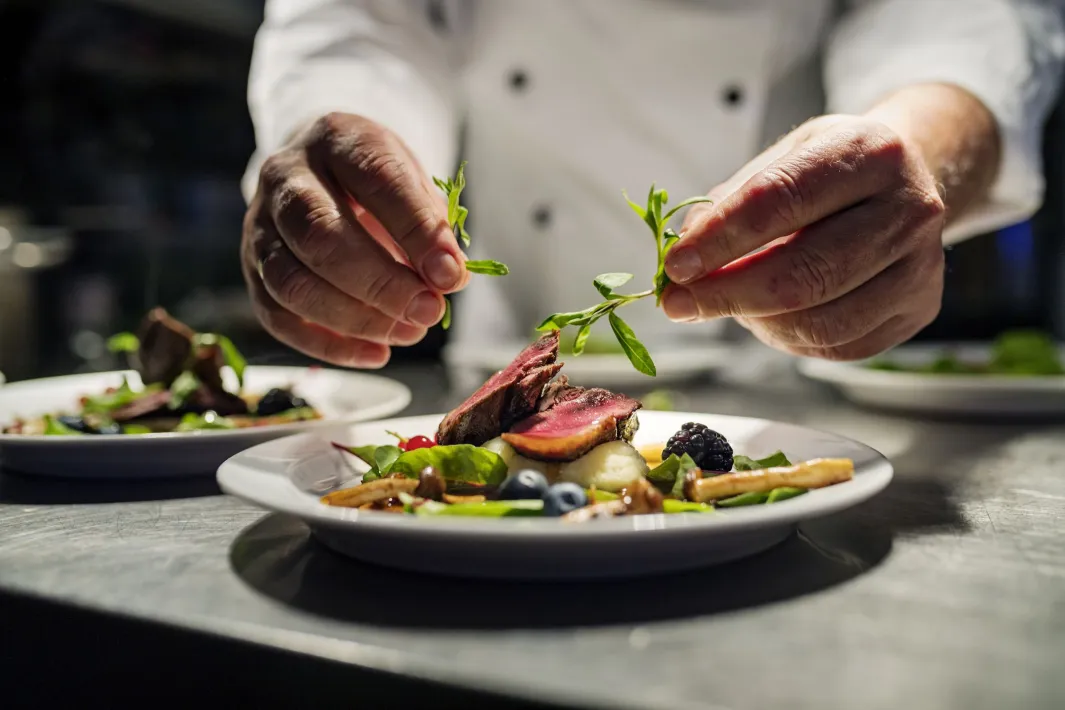
François Vatel (1631–1671): The Master of Extravagant Banquets
If you think planning a dinner party in 2025 is stressful, try organising a royal banquet for the Sun King in the 17th century! Vatel wasn’t a chef in the modern sense, more of a restaurant manager, but he was definitely the original hospitality boss. As maître d’hôtel for both Nicolas Fouquet and Prince Louis II de Bourbon-Condé, he managed multi-day feasts with fireworks, fountains of wine, and courses timed with the precision of a Swiss watch.
His pièce de résistance? A now-legendary banquet at the Château de Chantilly in 1671, held in honour of King Louis XIV. When a fish delivery was delayed, Vatel believed the dinner was ruined, and took his own life—alas, the long-awaited seafood arrived shortly after! He now stands as a symbol of hospitality highest ideals. In 2000, his story was given a global spotlight through the eponymous film, starring actor Gérard Depardieu.
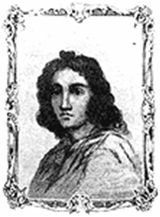
© MozartLully Inspirado en un grabado anónimo, Public domain, via Wikimedia Commons
Marie-Antoine (Antonin) Carême (1784–1833): The Architect of Haute Cuisine
Picture a pastry chef so obsessed with presentation that he built sugar sculptures of ancient temples. In the 19th century, Antonin Carême even rose to cook for Emperor Napoleon, thanks to his employer and epicure diplomat Talleyrand. He is said to have been used by him as a diplomatic asset, discreetly gathering intelligence in royal courts across Europe on his behalf.
Dubbed the world’s first celebrity chef, he is also recognised as the founder of French gastronomy. Some of his iconic dishes include the vol-au-vent and the mille-feuille. He also established the repertoire of the "mother sauces" in French cuisine, like Béchamel. Earlier this year, Apple TV+ released a period drama series, showing him as a wild enfant terrible in post-Revolutionary France, played by actor Benjamin Voisin.
His contemporary Jean-Anthelme Brillat-Savarin, also played a part in elevating French cuisine—through words with The Physiology of Taste (1825), in which he explored the philosophy of eating. We owe him the famous “tell me what you eat, and I will tell you what you are”.
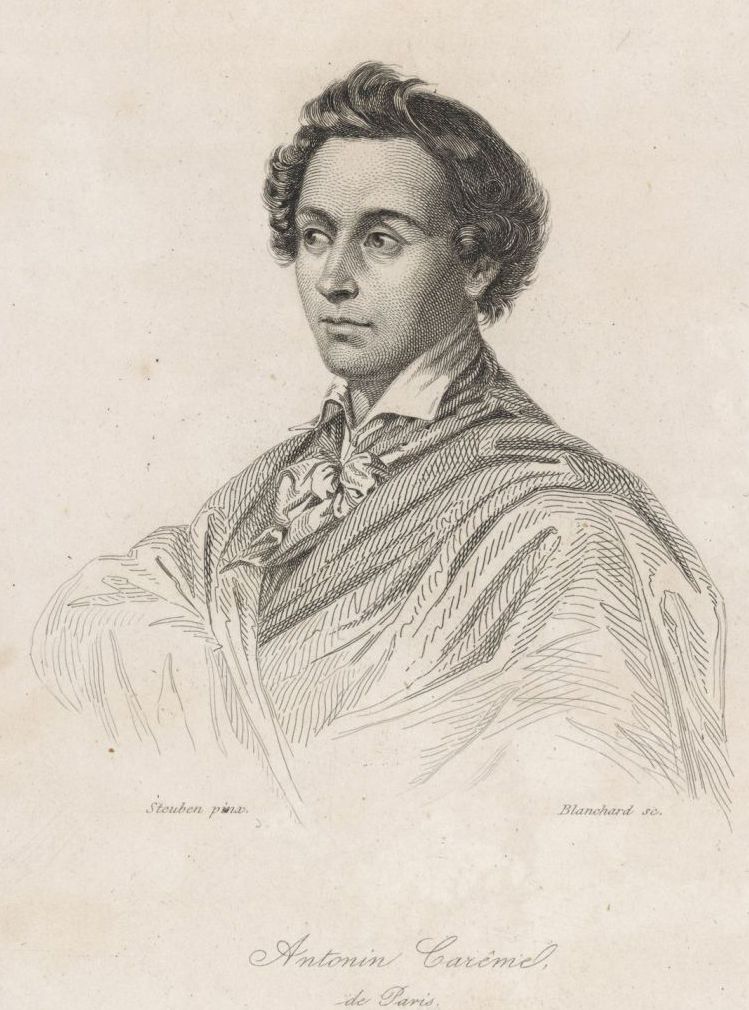
© Chevalier de Cussy, Public domain, via Wikimedia Commons
Georges Auguste Escoffier (1846–1935): The Emperor of Chefs
If Carême built the house of French cuisine, Escoffier made it a five-star hotel. Known as the "king of chefs and chef of kings," Escoffier modernised Carême’s elaborate style. He created the kitchen hierarchy with the brigade system and introduced à la carte menus. Working with hotelier César Ritz in London, Escoffier revolutionised fine dining at the Savoy, transforming the British gastronomic landscape.
We owe him the delicious invention of Peach Melba named after a famous opera singer at the time, Pommes Dauphine potatoes and Cherries Jubilee for Queen Victoria’s Jubilee. Published in 1903, his cookbook Le Guide Culinaire is still read in culinary schools.
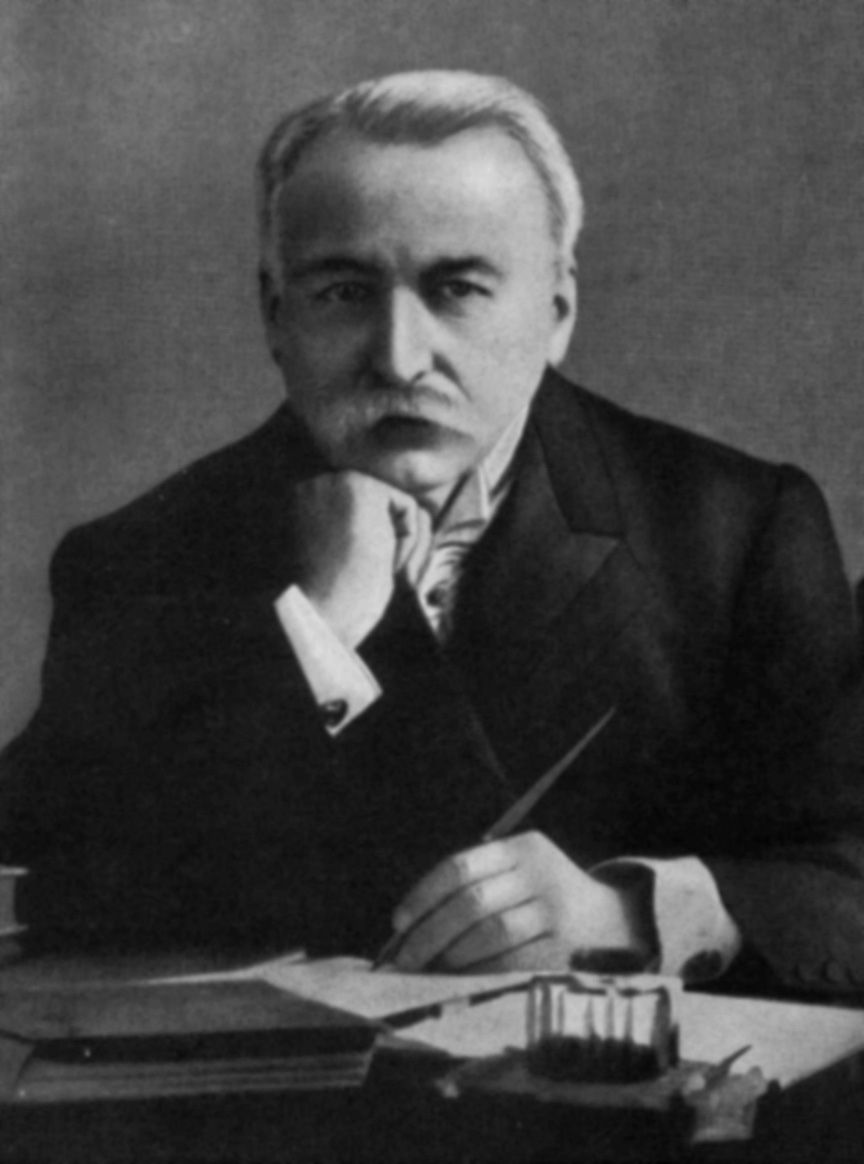
© Unknown, Public domain, via Wikimedia Commons
Eugénie Brazier (1895–1977): The Queen of Lyon
If French cuisine has a godmother, it’s Eugénie Brazier. The first chef (and woman) to be awarded six Michelin stars across two restaurants in the same year (1933), she was a key figure in post‑Escoffier France. Marking a shift towards market-driven cooking, Brazier championed traditionally rich Lyonnaise cuisine by stripping it of unnecessary complexity. Her cuisine focused on local ingredients and flavour.
She mentored famous chef Paul Bocuse, who called her "the mother of us all." Her legacy is alive and well at La Mère Brazier. Taken over by Meilleur Ouvrier de France chef Mathieu Viannay in 2008, her restaurant in Lyon continues to thrive.
These early icons of French gastronomy weren’t just great cooks, but trailblazers who completely changed the way we think about food. From Vatel’s over-the-top feasts to Brazier’s simple, bold flavours, their influence is still felt in kitchens around the world. So next time you’re dining out, remember—you may be having a bite of French history. Bon appétit!
Contributor
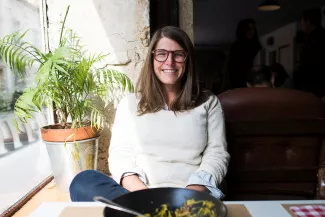
Editor


